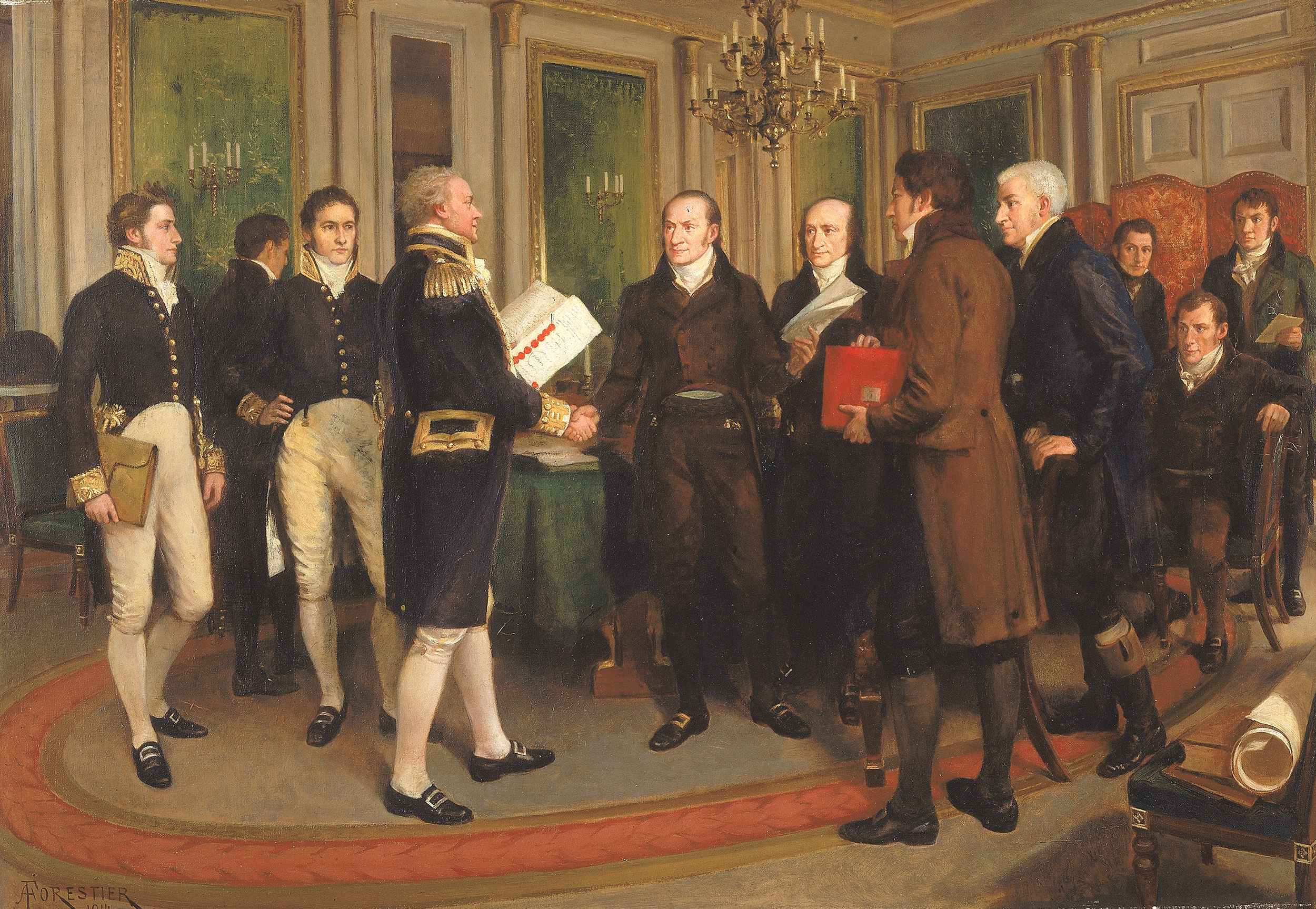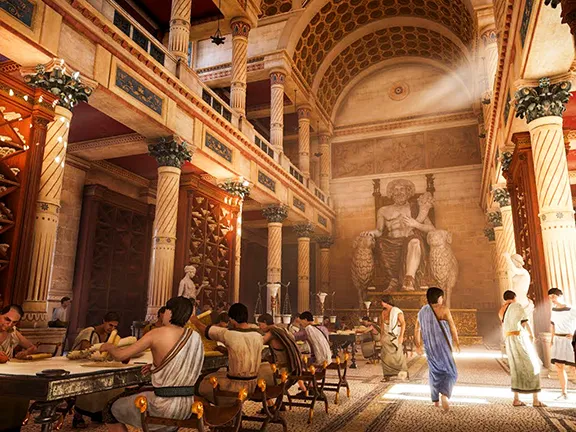Who Owns Alexander the Great? A Diplomatic Minefield
On June 19, 2024, Andrew Higgins of The New York Times published an insightful article titled "Who Owns Alexander the Great? It’s a Diplomatic Minefield." The article delves into North Macedonia's efforts to forge a national identity by claiming historical figures, a move that has stirred diplomatic tensions with neighboring countries.
Historical Claims and Regional Reactions
North Macedonia, a relatively young Balkan nation, has sought to bolster its national identity by erecting statues of historical figures like Alexander the Great and his father, Philip II of Macedon, in its capital, Skopje. These efforts, part of the larger "Skopje 2014" project, have sparked controversy. The statues symbolize a rich history, but this history is also claimed by Greece and Bulgaria, leading to significant diplomatic disputes.
“Searching for a historical anchor with which to secure a new country whose only previous experience as an independent state lasted just 10 days in 1903, the central government a decade ago poured hundreds of millions of euros into a vast redevelopment project for Skopje. It filled the city center with statues and turned drab government and commercial buildings into colonnaded palaces resembling a kitschy Hollywood set for a movie about ancient times.”, he says.
Greece and the Name Dispute
Greece has long contested North Macedonia's use of historical Macedonian figures, arguing that they are an integral part of Greek heritage. The disagreement culminated in the Prespa Agreement of 2018, wherein North Macedonia agreed to change its name to the Republic of North Macedonia. This agreement was intended to ease tensions and facilitate North Macedonia’s entry into NATO and the European Union. However, the statues of Alexander the Great and other historical symbols continue to be points of contention.
Bulgaria's Historical Contentions
Bulgaria has also expressed strong objections, particularly over historical figures it considers Bulgarian. This adds another layer of complexity to North Macedonia’s EU aspirations. The issue of identity and historical claims remains deeply contentious, affecting regional relationships and North Macedonia's political landscape.
Internal Views and Criticism
Within North Macedonia, opinions are divided. Slavica Babamova, director of the national archaeological museum, argues that the country has a rich history of its own that should be celebrated without the need for what she sees as excessive historical marketing. She points out that some of the most significant artifacts from the region predate Alexander the Great and have genuine connections to North Macedonian heritage.
Conclusion by Andrew Higgins
Andrew Higgins concludes that the quest for a national identity in North Macedonia is fraught with challenges and diplomatic pitfalls. The overlapping histories and identities in the Balkans create a complex tapestry where claims and counterclaims often lead to conflict. The region's history is fluid and intertwined, making the task of establishing a distinct national narrative particularly challenging.
This article by Andrew Higgins for The New York Times underscores the ongoing struggle of nations to define their identity and the often contentious nature of historical claims in the Balkan region.









